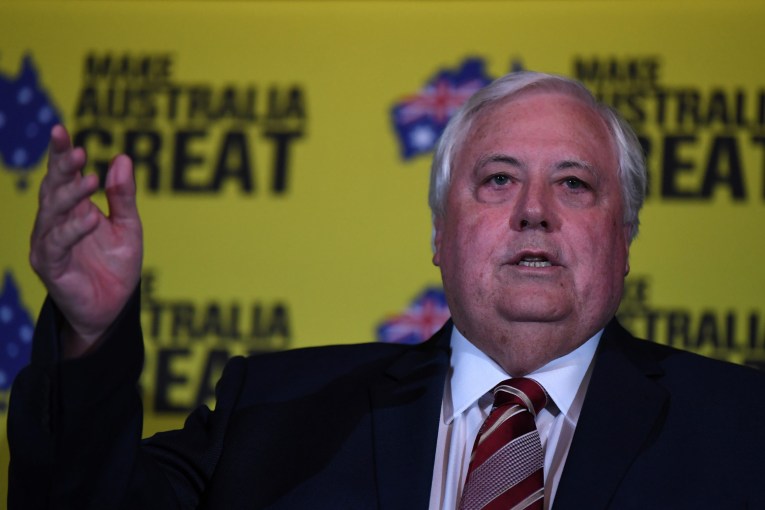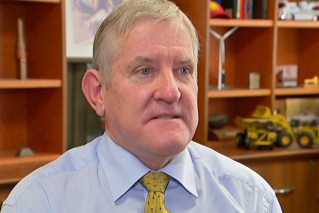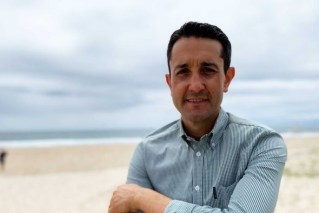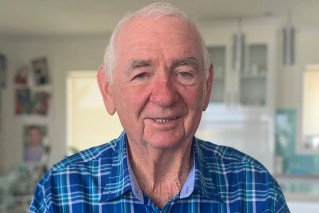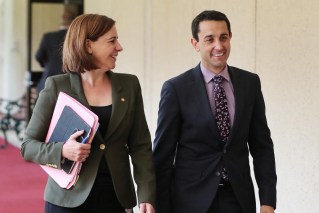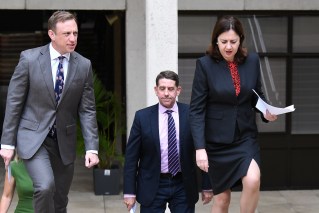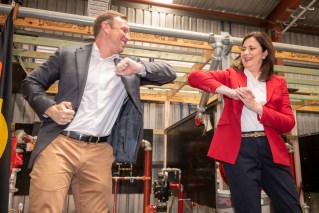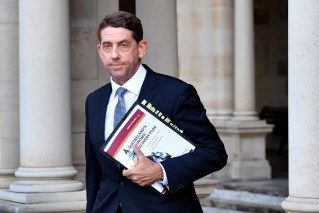Parity politics – will two female leaders mean better policy for women?
Queensland will set a precedent at this weekend’s poll as the first state offering a contest between two female leaders but as Daisy Siddall reports, the parties have distinct approaches to address female representation and women’s issues.
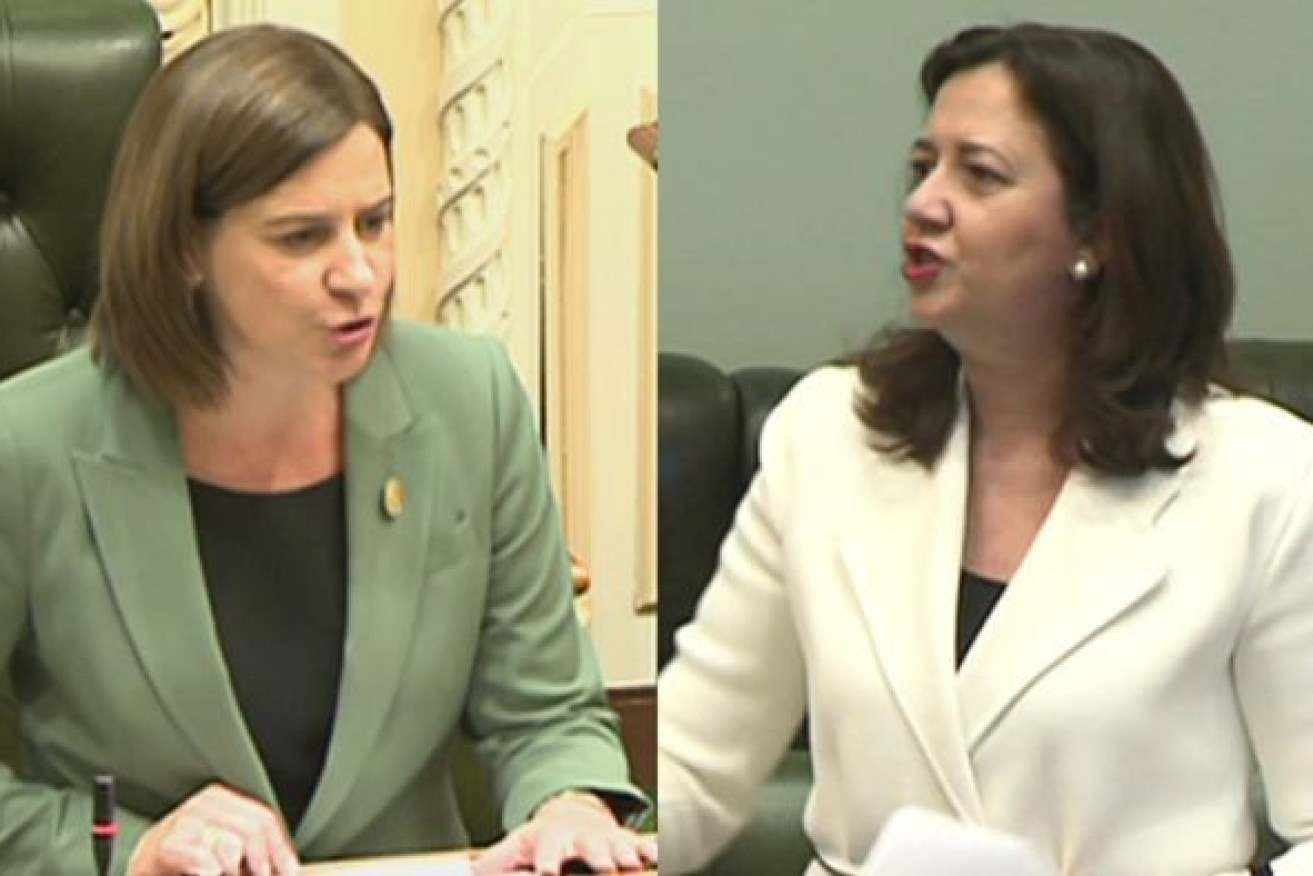
Deb Frecklington and Annastacia Palaszczuk. (Photo: ABC)
The state election campaign has shone a spotlight on the effectiveness of women in leadership but how does this affect female representation in parliament and policy?
There has been little emphasis on women’s issues this election, with the policy debate primarily focusing on jobs, health, and family violence.
When asked about addressing women’s employment in the next term of government, neither Premier Annastacia Palaszczuk nor Opposition Leader Deb Frecklington were able to point to targeted policies.
“I am immensely proud of my three daughters and I say to them: if you ever, ever have to get a job just because you are a woman. Well, work a bit harder,” Frecklington said.
Nationally, the full-time workplace participation rate sits at 59.9 per cent for women and 69.6 per cent for men.
The Palaszczuk Government decriminalised abortion in Queensland in December 2018, making the termination of pregnancy a health issue rather than a criminal matter.
Frecklington has committed to reviewing abortion law if she is elected, in particular the gestational limits.
More broadly, while both major parties have made significant commitments for more nurses and doctors, neither has sought to highlight specific promises for women’s health services.
On social media, Labor also promised that if re-elected it would provide $2.5 million to the non-for-profit organisation Share the Dignity, to give students at 120 schools free access to pads and tampons.
Frecklington has committed a future LNP government to introducing a suite of family violence-related laws that take in:
• Increased sentences for strangulation;
• A new coercive control offence;
• 200 GPS-linked personal safety alarms to warn victims of nearby violent former partners;
• Emergency grants of up to $2000 to help victims flee dangerous homes.
“We must do more to protect women and men who are suffering at the hands of perpetrators of domestic violence,” Frecklington said.
Meanwhile, Labor has sought to highlight its 10-year family violence strategy, for the period of 2016 – 2026, and its spend of more than $500 million on domestic violence services since it was first elected to government in 2015.
Both leaders were asked on the campaign trail if they identified as a feminist.
Palaszczuk said: “If a feminist is about believing in equality — absolutely.”
Whereas Frecklington said: “I identify as a female who wants to get Queensland working again.”
Professor Susan Harris-Rimmer, co-convenor of the Griffith Gender Equality Research Network, believes that quotas and affirmative action help to generate policies aimed at women.
“I believe the parties are a little hidebound and slow to change tactics in a range of areas, including on social media.
“Definitely quotas help, all the global evidence lines up on this point,” Harris-Rimmer said.
The Queensland branch of the Australian Labor Party (ALP) has surged ahead of the Liberal National Party (LNP) with the implementation of quotas and affirmative action policies.
In 2015, Queensland labor lifted its gender parity quota to 50 per cent by 2025 but ended the term with a cabinet just short, with 46 per cent women.
The LNP adopts a merit-based system.
“All positions, whether organisational or parliamentary, are elected on merit. The LNP believes in choosing the best person for the job, regardless of gender,” said an LNP statement.
Of their 23 sitting members, the LNP have five sitting female MPs (21 per cent).
Rosslyn Bates, the LNP’s spokeswoman for Women and Health, has previously emphasised the need for affirmative action.
“We need to establish a pathway for women,” Bates has said.
“We need to make sure they’re preselected for winnable seats,” she said in an interview in 2018.
Labor’s Dianne Farmer, Minister for Women and Minister for Child Safety and Domestic Violence, has also spoken out on equal representation in cabinet and in boardrooms.
“We have so many talented, skilled, and experienced women in Queensland, we need those women involved in decision making in our state,” she said.
Supporting women in parliament means that women’s issues are set more firmly on the agenda and voting reflects this.
A recent Roy Morgan poll outlined that women are an important factor in the ALP’s slim lead over the LNP.
“Women favour the ALP 53.5 per cent over LNP 46.5 per cent on a two-party preferred basis,” Roy Morgan Research said.
“Men more narrowly favour the LNP 51.5 per cent compared to ALP 48.5 per cent.”
